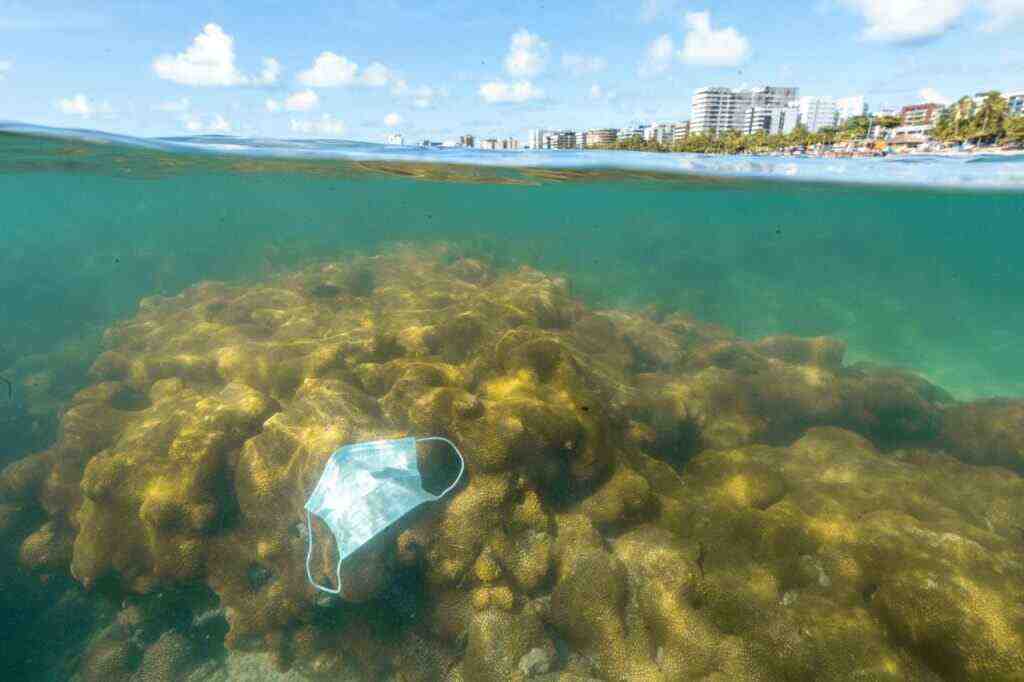Addressing Neighborhood Cleanliness: A Call for Collaborative Action in Columbus
Introduction
Driving through my neighborhood near East Linden School, I can’t help but feel a sense of frustration. Old mattresses, couches, and trash accumulate in front of houses, sometimes for weeks on end. It’s an unsightly mess that detracts from the overall beauty of our community. Coming from Tennessee, where bulk pickup services were routinely provided, I can’t help but wonder why Columbus doesn’t have a similar system in place. Could it be that the city’s focus on keeping taxes low is coming at the expense of essential services like neighborhood cleanliness?
Key Points:
1. Unsightly Accumulation of Bulk Waste:
The presence of old mattresses, couches, and trash sitting in front of houses in my neighborhood is not only unsightly but also unsanitary. It creates an unkempt appearance, attracting pests and detracting from the overall aesthetics of our community. Residents deserve to live in a clean and healthy environment, and the accumulation of bulk waste is a clear violation of that right.
2. Comparison to Previous City’s Bulk Pickup Services:
In my previous city of residence in Tennessee, bulk pickup services were provided by the city on a routine basis. Residents didn’t have to make individual requests for pickup; the city simply came and collected the bulk waste on a scheduled day. This system ensured that bulk waste was removed promptly, preventing its accumulation and maintaining neighborhood cleanliness. I believe that Columbus could benefit greatly from implementing a similar system.
3. Suggestion for Improved Bulk Pickup in Columbus:
To improve neighborhood cleanliness in Columbus, I propose that the city adopt a more proactive approach to bulk pickup. One option is to implement a system of routine bulk pickup, similar to the one I experienced in Tennessee. This would involve the city collecting bulk waste on a scheduled day without requiring residents to call for the service. Another option is to send a city car to identify houses with bulk waste and schedule pickup accordingly. This would ensure that bulk waste is removed promptly and efficiently.
4. Potential Impact on Taxes:
Some may argue that implementing a routine bulk pickup system would increase the city’s expenses and, consequently, lead to higher taxes. However, I believe that the benefits of a cleaner and healthier city far outweigh the potential costs. Moreover, the city could explore creative ways to fund these services without raising taxes, such as partnering with local businesses or implementing a small fee for bulk pickup.
Discussion:
1. The Importance of Neighborhood Cleanliness:
Clean and well-maintained neighborhoods are not only aesthetically pleasing but also contribute to the overall livability and desirability of a city. They attract new residents, businesses, and investment, leading to economic growth and prosperity. On the other hand, neglected neighborhoods can lead to decreased property values, increased crime rates, and a decline in the quality of life for residents. It is clear that neighborhood cleanliness is an essential component of a thriving city.
2. The Role of City Services:
The city has a responsibility to provide essential services that promote the health, safety, and well-being of its residents. This includes maintaining clean and sanitary neighborhoods, which can be achieved through effective waste management practices, including bulk pickup services. By providing these services, the city is not only fulfilling its basic obligations but also investing in the future of the city and its residents.
3. Balancing Taxes and Services:
The city faces the challenge of balancing its budget and keeping taxes low while still providing necessary services to its residents. Finding the right balance between these competing priorities is crucial to ensure the overall well-being of the city and its residents. It is important to remember that taxes are not an end in themselves but a means to provide essential services. A city that is too focused on keeping taxes low at the expense of essential services is ultimately doing a disservice to its residents.
Conclusion:
The issue of neighborhood cleanliness in Columbus, particularly the accumulation of bulk waste, is a serious problem that needs to be addressed. The city has a responsibility to provide essential services that promote the health, safety, and well-being of its residents, including maintaining clean and sanitary neighborhoods. I propose that the city adopt a more proactive approach to bulk pickup, either through routine services or targeted identification of houses with bulk waste. While the city needs to balance its budget and keep taxes low, it should not be at the expense of essential services. By working collaboratively, the city and its residents can strive to create cleaner and more livable neighborhoods for all.
